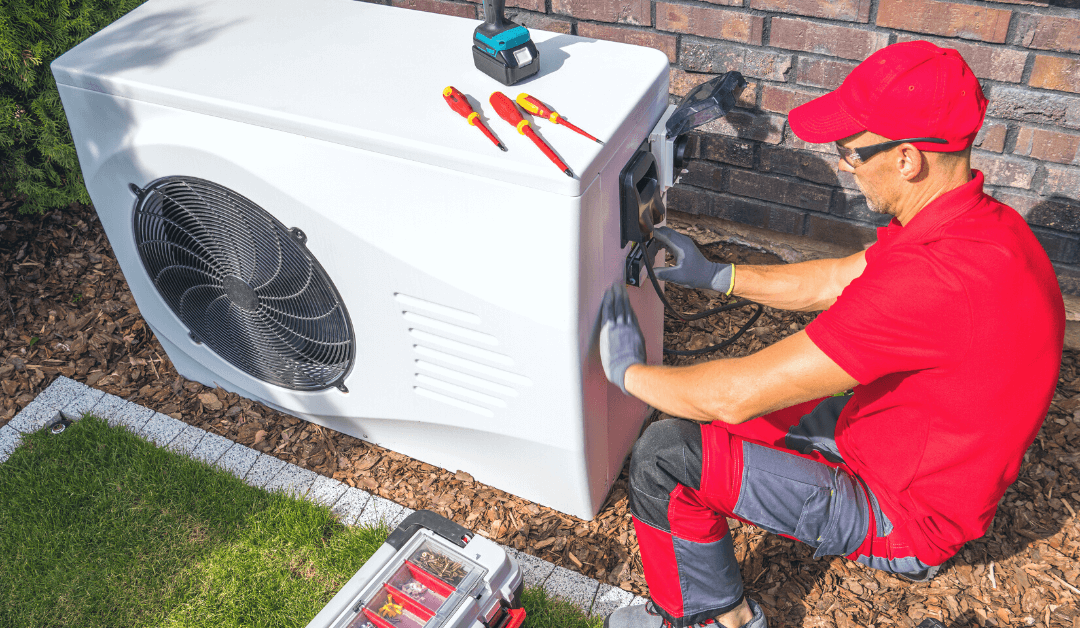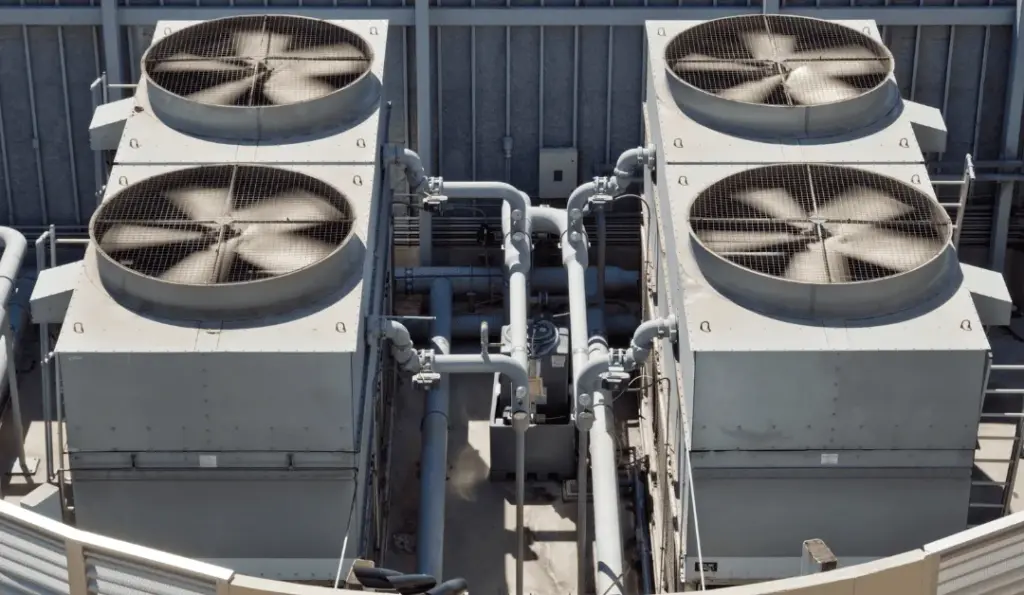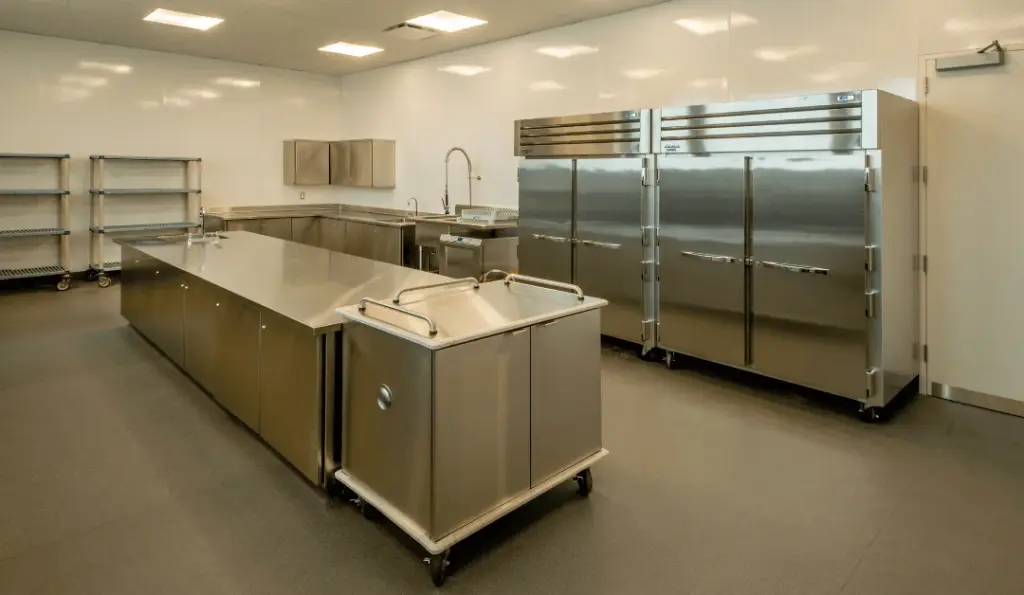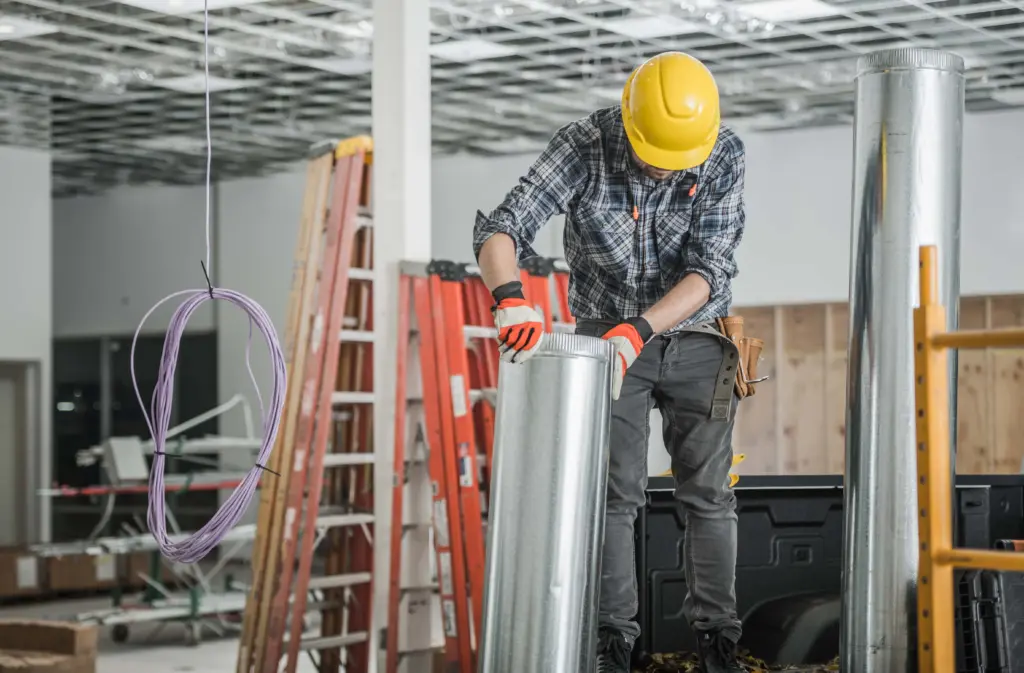Are you ready to invest in a new home HVAC system? Do you know what you need, how to start the process, or who you should pick to purchase your heater or air conditioner from? Before you buy, take a look at this easy-to-follow checklist.
Do You Really Need a New System?
A slow to heat furnace or loud air conditioner doesn’t necessarily signal the need for a full system replacement. What did you base this major decision on? If you decided to replace the HVAC system because you think it’s too old, it makes a strange sound, or it doesn’t seem to work as efficiently as it could, you need to consult with an expert.
Even though you think the system is ready for replacement, get a second opinion from an HVAC technician before making any decisions. The contractor may find wear and tear or damage you didn’t already know about. In some cases, repair is a preferable and less expensive option.
What Type of System Do You Need?
After the HVAC contractor confirms your suspicions and agrees you need a new system, it’s time to start shopping. At least, it’s time to start thinking about what you’ll shop for.
With an almost dizzying array of brands and models available, the first step is to ask the contractor what type of system you already have. The top two types of heating systems are natural gas and electric, according to the U.S. Department of Energy. But it’s possible yours uses propane, oil, or is a heat pump or ductless system.
If you’re not sure what type of system you have or which brand works best for your home’s needs, ask the contractor. They can help you with the first, and most basic, decision — which type of system to choose.
What Are Your Local Code Regulations?
An older system may not meet current code regulations. Don’t assume that a full replacement will correct past mistakes. Not only may you need to replace the heater or AC unit, but you may also need new connections, gas lines, wiring, venting, or ducts.
A qualified HVAC contractor should know your local codes and follow them. If parts of the current system will stay behind (again, such as wiring or air ducts), ask the technician if these are up to code. If not, replace everything that doesn’t make the grade. Not only could an out-of-code HVAC system result in fines, but it may make your home more difficult to sell in the future.
Do You Have Enough Space?
Is your new system of choice the same size or dimensions as your old one? Provided the two systems are exactly the same size and have the same energy requirements, you won’t have to make major changes. But if the new system is smaller or larger than what you already have, the contractor will need to make sure it fits into your basement, furnace room, or other space correctly.
What Does Installation Include?
Some installations are simple. But that doesn’t mean the contractor can always remove the old heater or air conditioner and pop a new one in its place. If the contractor needs to make adjustments based on new building or safety codes, the new unit is dramatically different from the old one, or other parts of your HVAC system require repair or replacement, the installation will take extra time.
The contractor should provide you with a general idea of the time the installation will take (provided there are no unexpected issues that creep in during the process) and an itemized estimate. If the installation requires extra services, such as air duct or wiring replacement, make sure the estimate includes these add-ons as well.
Do you need a new HVAC system? Contact Service Tech., Inc. for more information.





